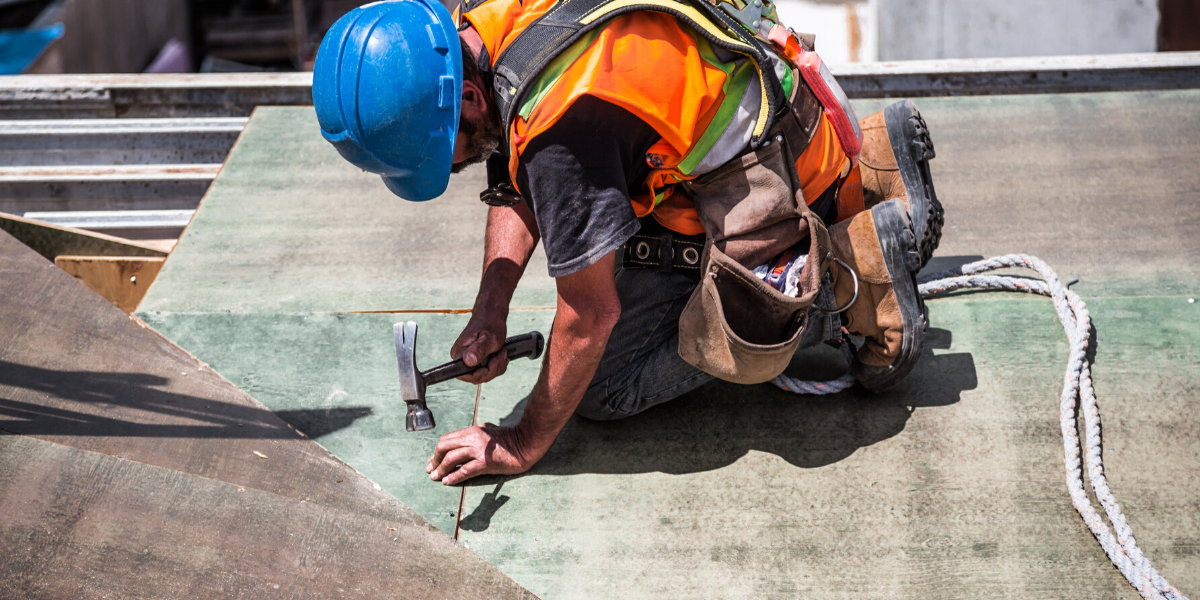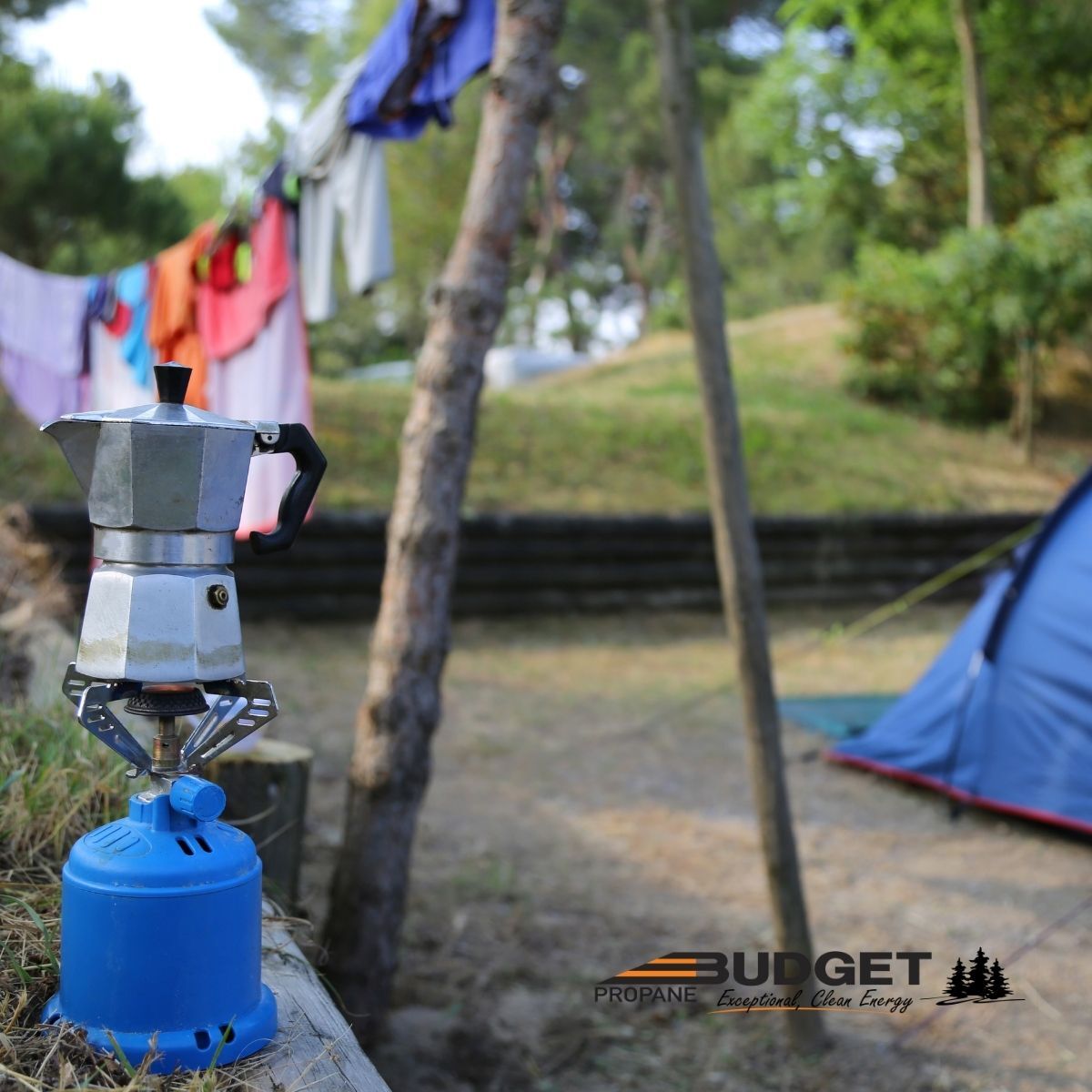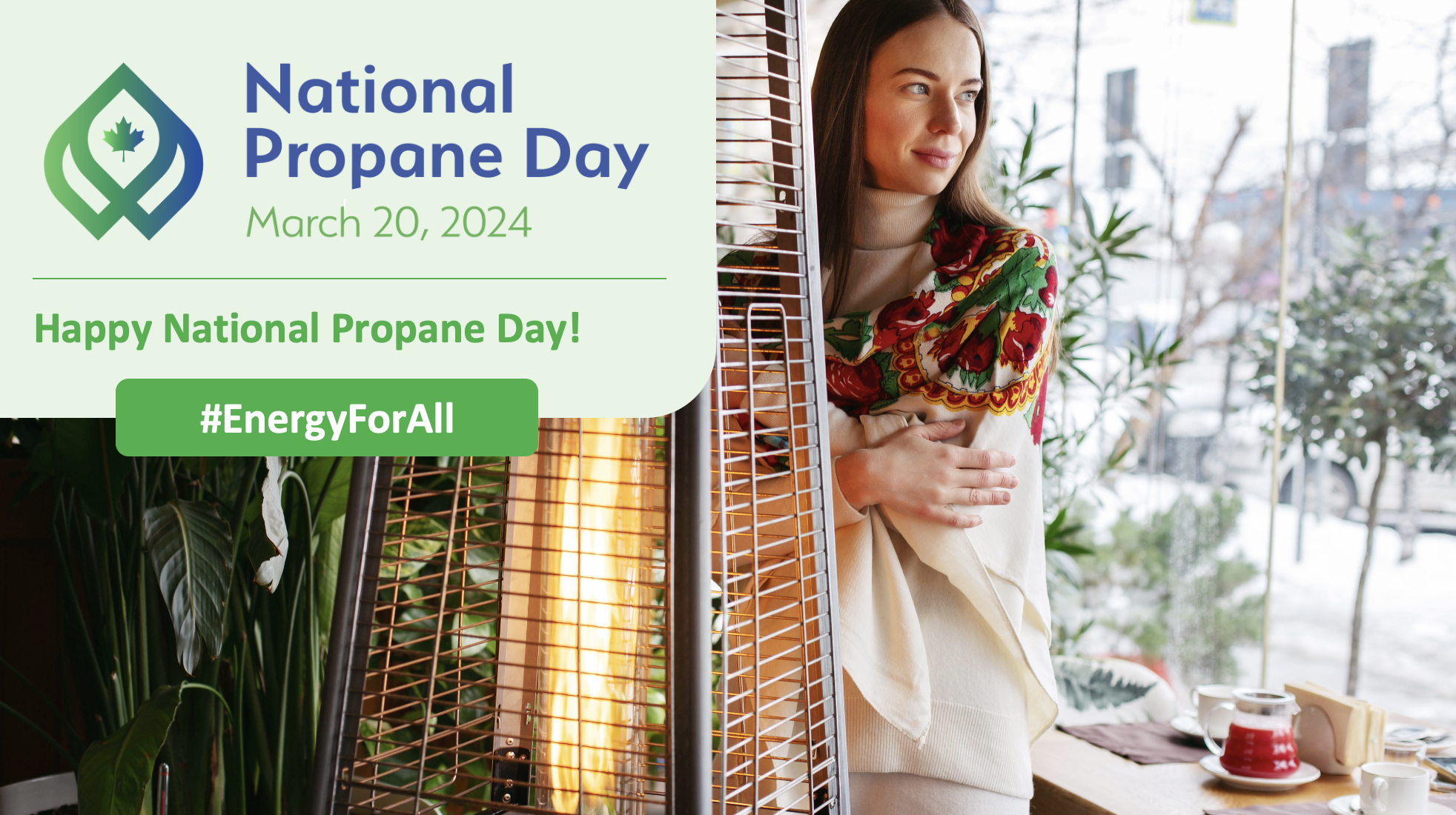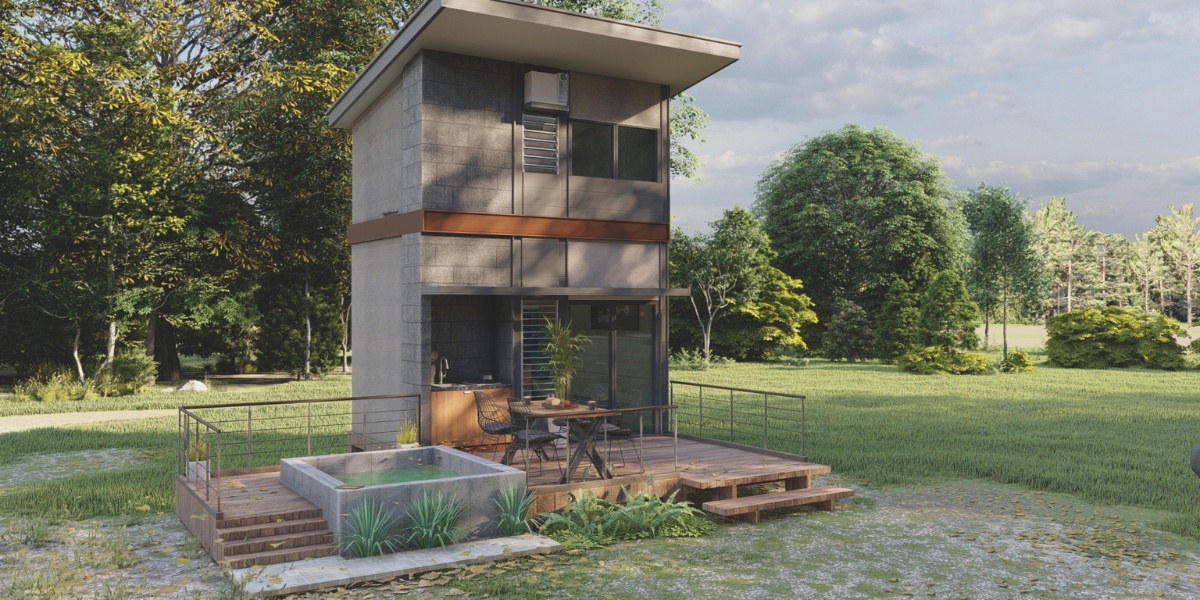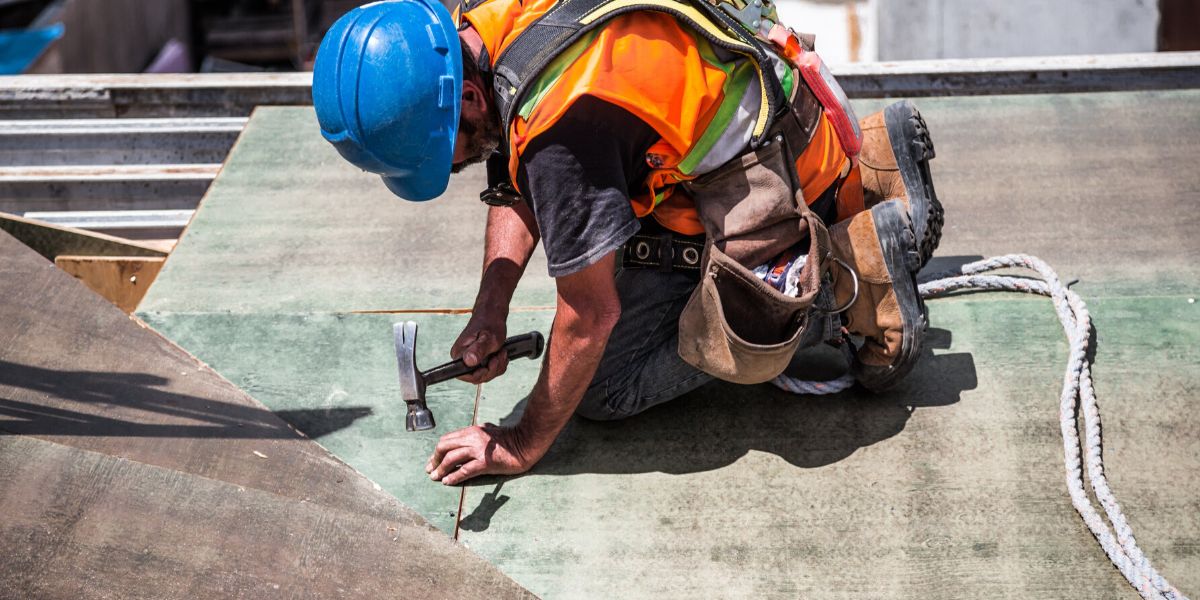
Building season is proceeding despite the recent economic lock-down, and propane is a portable fuel supply of choice on construction projects across the province. Let’s look at some best practices for propane safety on the job site.
First, here are some facts about propane safety:
- Propane is non-toxic, colourless and virtually odourless. As with natural gas, an identifying odour is added so the gas can be readily detected.
- Propane won’t ignite when combined with air unless the source of ignition reaches at least 940 degrees Fahrenheit. In contrast, gasoline will ignite when the source of ignition reaches only 430 to 500 degrees fahrenheit.
- If propane leaks, it doesn’t puddle but instead vaporizes and dissipates into the air.
- If propane is released from a pressurized container as a vapour, and can’t be ingested like gasoline or alcohol fuels.
- Propane leaks are easy to detect due to the strong pungent smell that imitates the scent of rotten eggs.
- Propane tanks are 20 times more puncture resistant that tanks filled with ethanol, methanol or gasoline.
However, as with any energy source, it’s important that busy construction sites follow certain measures to help ensure that propane tanks remain undamaged and working effectively.
Budget Propane Ontario has listed five tips to help ensure the propane tanks on your construction site remain undamaged:
1 - Find a safe place to put your propane tank
Propane tanks can’t just be placed anywhere on the site, it’s important that you find a safe place to keep them away from potential issues. Tanks should be kept 10 feet from ignition sources (such as smoking, sparks, and open flames), combustible materials (such as lumber and drywall), building vents or air intake points, property lines of adjacent sites that can be built on and key buildings.
Keep in mind that as your construction project advances, it’s likely that you will need to move your propane tank regularly to maintain a safe distance from where you are working.
2 - Protect your propane tank during storms
Whether it is heavy rain, high winds, lightning or even a tornado, propane tanks may need to be secured or possibly removed from your construction site during a particularly bad storm. What workers should do with your propane tank should be included in your checklist of how to prepare your site for a storm.
Once the storm has passed, make sure you talk to your propane supplier and confirm that the propane tank is safe to use before you start working again.
3 - Prevent your propane tank from being damaged
Construction sites can be busy and hectic, and that means your propane tank is susceptible to dents and other damage. To protect your tank, it is always a good idea to fence off the area around your tank to stop workers going near the tanks while working.
If you do spot any dents or damage to your propane container, turn off the propane supply and speak to your propane supplier who will be able to advise you on whether it is safe to use or not.
4 - Make sure you don’t have any leaks
At the start of each shift, check the connections on your propane tank when you turn it on to ensure that there are no leaks. Even if your propane tank was to leak, however, it’s very unlikely that you wouldn’t notice.
Propane is prepared with the specialized odorant ethyl mercaptan to help you identify leaks quickly. This means if there’s a leak, you will be sure to smell a strong smell that resembles rotten eggs.
5 - Store properly when not in use
Once you have finished work for the day, it’s important that you store your propane cylinders properly and out the way of any potential damage. By storing your propane cylinders upright and outside in a specialized cylinder storage area, you will give the propane protection from tampering, vehicle collisions and much more.
Remember, this storage area should be a safe distance from any hazards that could expose your propane to heat or flames and be well ventilated.
Ready to learn more about how to use propane safely on the construction site, or you simply want a quote? Contact the Budget Propane Ontario team of experts today.
